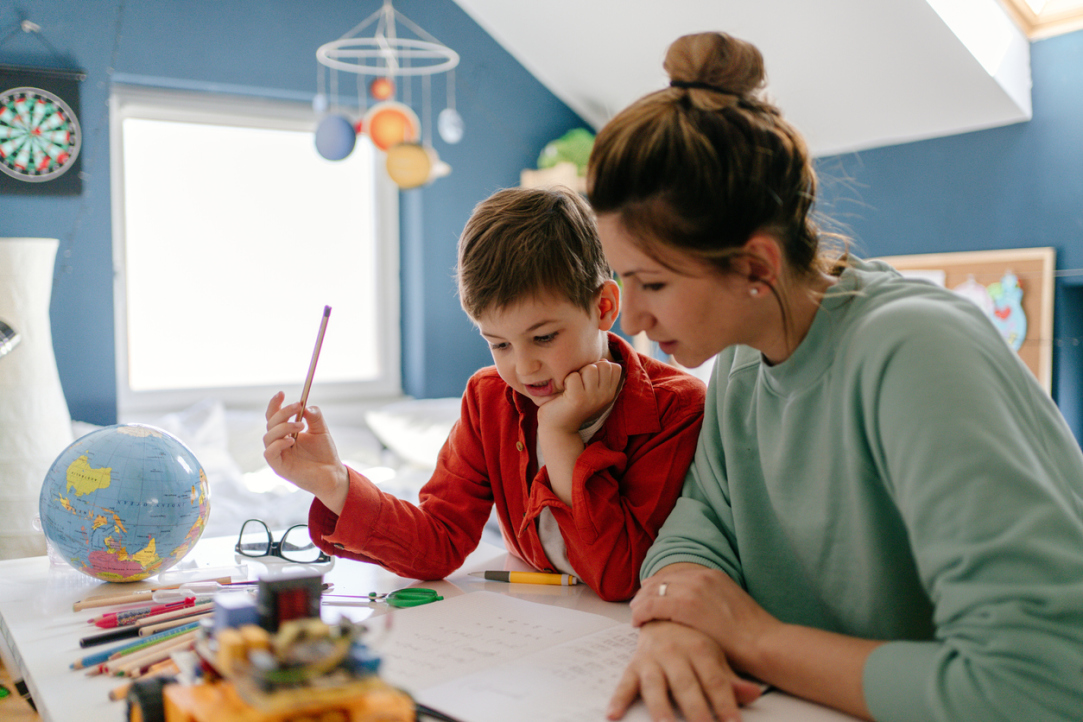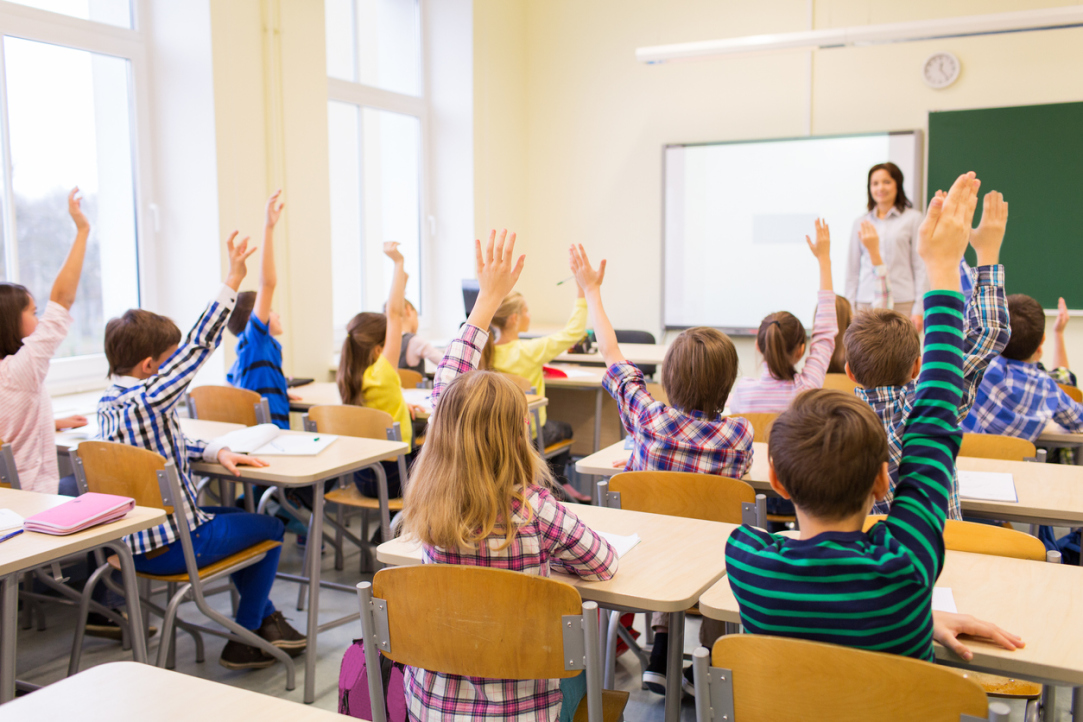Social class does not strongly influence the kind of alcohol Russians drink. Gender, age, education and place of residence are more important. For example, young people prefer beer, wines are primarily popular among women, and ‘moonshine in combination with other drinks’ are mainly consumed by the older age groups. This was the conclusion reached by HSE University researchers.


.jpg)









.jpg)







